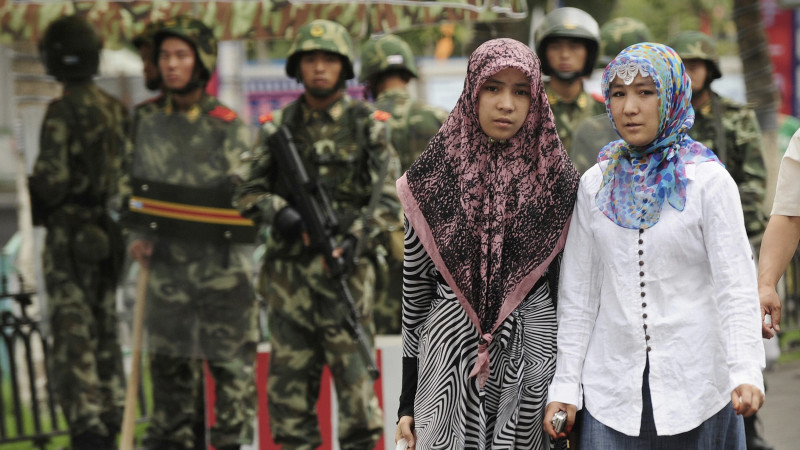The Chinese government is facing immense international pressure over their persecution of Muslim Uighurs community. Uighurs are Turkic-speaking Muslim minority group mostly living in Xinjiang province in northwestern China.
According to reports, it is also believed that Chinese authorities have apprehended up to one million Uighurs people in the last couple of years and the government claims that it is “re-education camps”. The Chinese government is also blamed for carrying out forced sterilizations of Uighurs women.
Read more: Apple, Nike urged to cut ties with Chinese companies over Uighur abuses
Who are the Uighur?
Uighurs are Muslim Turkic society and honor themselves as culturally and ethnically close to Central Asian nations. The population of the Uighurs community is around 11 million and the majority of the Uighurs are living in Xinjiang, China.
Apart from Xinjiang, the Uighurs community is diversified and residing in other countries as well such as Kazakhstan, Uzbekistan, Kyrgyzstan, and some minor populations was also found in Australia.
Uighurs trade in agriculture which they are following for centuries through the Silk Road trading route. The Uighurs also have their own language named Uighur language but those who are forced towards camps have to learn the Mandarin language.
The Uighurs declared their independence but in 1949 the region was brought under communist China and the Chinese had full control of the area.
Uighurs and the Chinese state
Most Uighurs are Muslim and Islam is an important part of their life and identity and this is what the Chinese authorities are trying to suppress. For some years authorities were limiting the Uighur’s religious, cultural and commercial activities under the backdrop of large numbers of Han Chinese moving into the region.
Uighurs demanded an economic right back in 1990 but instead, they faced crackdown. Muslims were banned from fasting in the holy month of Ramadan. Uighurs residents who served as government servants were banned from fasting and to go to mosques. Naming a newborn child Muhammad was banned among other Islamic names.
Xinjiang region is also facing complete surveillance, which includes checkpoints, cameras being installed in every corner in order to scan individuals along with vehicle numbers plates.
The authorities claim that these actions are being taken to reduce the violence in the region but are is seen as a major scale of religious persecution and destruction of culture. After the crackdown on Uighurs, many of the citizens pursued asylum.
Image source





















